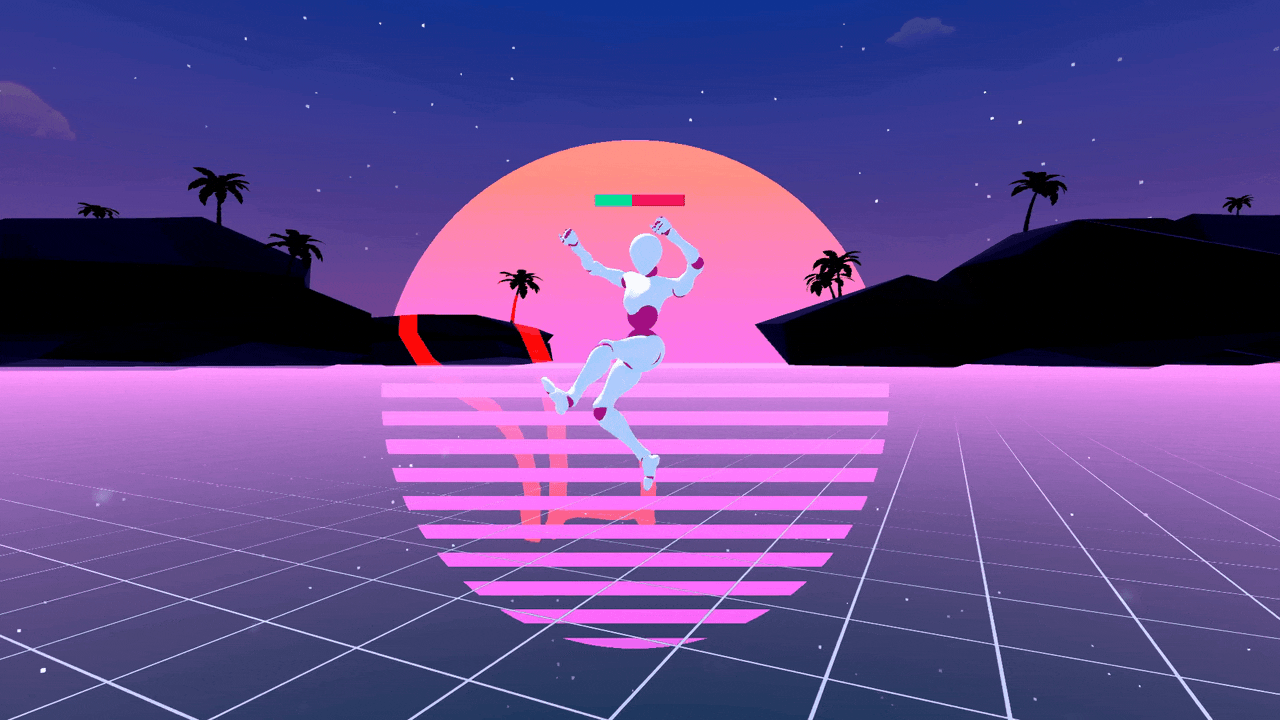Autumn 2024 Recruitment
We are looking for strongly motivated and enthusiastic students to join our research group. We offer BSc and MSc thesis supervision as well as PhD peer-advising on projects in the scope of embodied intelligence and adjacent topics.
Autumn 2024 Theme: Modeling Athletic Movements
In the 2024 Olympic Games in Paris, we witnessed the pinnacle of human physical achievement, where athletes demonstrated extraordinary levels of movement skill and precision. To compete at this elite level, athletes undergo years of rigorous training, refining their movements until they can perform with near-perfect accuracy. The complexity of these skills, whether it’s the synchronized leaps in gymnastics, the swing of a tennis racquet, or the delicate control of table tennis paddle, demands an incredible degree of planning, manipulation, locomotion, and adapation. This intricate orchestration of muscle memory, reflexes, and strategic thinking is not just a testament the movement capability of humans but also a fascinating subject of study for computer scientists.
In embodied AI, replicating these kinds of complex and dynamic movements remains a formidable challenge. While simple robot arms and characters can be manually programmed to perform specific tasks with high precision, the kind of fully-embodied motor skill learning that human athletes achieve is far more difficult to emulate. Human movement is deeply intertwined with both social and innate learning processes; we learn motor skills from not only trainers and coaches but also our own trials and errors, while leveraging numerous combinations of motion vocabulary we learn throughout a lifetime or even inherit genetically.
How do we learn and internalize complex motor skills? What roles do our knowledge of the physical world and our morphologies play in attaining these capabilities? And can we translate these processes into algorithms to allow robots to learn skills like human athletes? These questions not only push the boundaries of motion control and character animation but also promise to deepen our understanding of the nature of learning and movement for humans, animals, and machines.
For Autumn 2024, we encourage prospective research mentees to think critically about challenges in athletic movement modeling. You are also welcome to suggest and work on your own topic, as long as it pertains to challenges in embodied AI.
Qualifications
As our supervising capacity is limited, we will only select strongly qualified students who will actively engage with the group.
Culture Fit Criteria
You are a good candidate for us if you are all of the following:
- A naturally and genuinely curious person who constantly asks questions and makes observations
- An excellent team player who can give and receive constructive technical feedback
- Able to learn independently in the name of progress
- A good communicator who is proficient in English and capable of expressing complex scientific thoughts
- Willing to take accountability very seriously
This team is not for you if you are any of the following:
- Uncomfortable with leaning into unknowns and failures
- Looking for an easy or hands-off experience
- Shy, quiet, or uncomfortable with speaking up (note: this is different from introverted)
- Tolerant of being confused or afraid of looking stupid
Background
An excellent command of the following areas is preferred:
- Understanding of basic concepts in machine learning (e.g., topics appearing in Nam Hee’s UBC course)
- Experience with Python and its numerical computation and visualization libraries (e.g., numpy, torch, tensorflow, keras, matplotlib, etc., and/or coursework involving exercises equivalent to that of Stanford CS231n)
- Understanding of basic concepts in deep reinforcement learning (e.g., topics appearing in UC Berkeley CS235)
- Experience with physics simulators: rigid-body, fluid, or otherwise (e.g., Bullet, MuJoCo, Taichi, etc.)
Apply
Please use the button below to leave your contact information with us. We will host a 30-minute information session in late August or early September detailing the program information and requirements.
